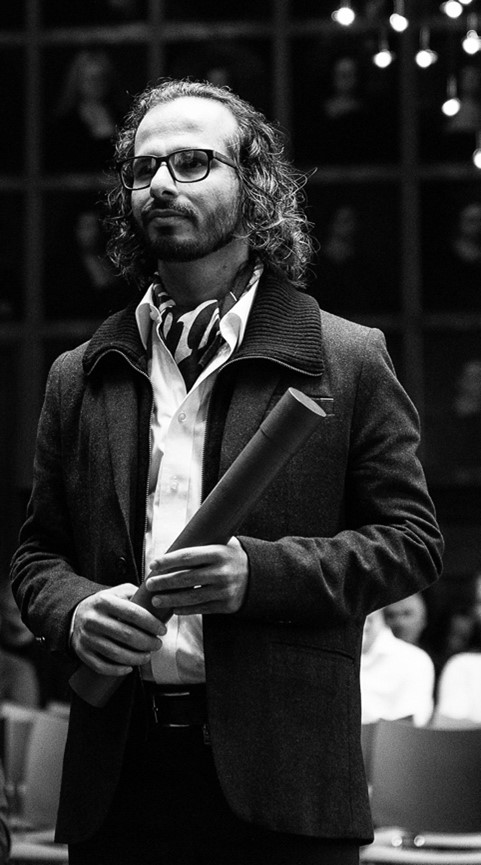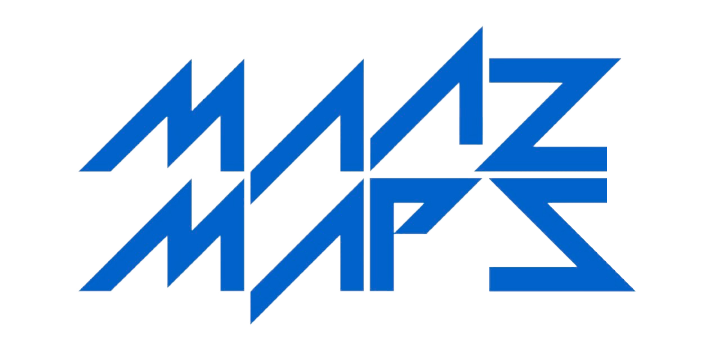The founder

Dr. Hossein Maazallahi is CEO and founder of Maaz Maps. He founded this startup because he believes that we have to act immediately and extensively to reduce methane emission on a global scale. Maazallahi has an extensive background in methane works at academic and industrial level, using data from ground-based, airborne and satellite-based instruments. He has studied and collected data in field and lab conditions, and is familiar with industrial activities. In the last years, he participated in several field campaigns in European countries, including city measurements in Hamburg, Bucharest and Utrecht, a large scale campaign to quantify methane emissions from oil and gas activities in Romania and coal mining activities in Poland. Maazallahi would like to passionately contribute to the global methane reduction efforts and build a bridge between science and industry to fill the gaps, reconcile quantification methods, support the global methane pledge, provide mitigation plans and network for the benefits of all.
Works by Hossein Maazallahi
Post-doc
Collaborating with Seoul National University to perform methane emission studies in Korea
Read Post-doc >
PhD Thesis
“Detection, attribution and quantification of methane emissions using mobile measurement techniques in European cities.”
– Emission quantification of street-level sources in cities; fossil, microbial and combustion.
– Emission quantification of facilities: a wastewater treatment plant, an oil production site and a soil composting site.
– Improving mobile emission attribution technique using carbon dioxide, ethane and methane measurements.
– Intercomparison of three gas leak quantification techniques namely mobile, tracer and suction.
Read thesis >
Service
Detecting methane emissions from Iran’s gas activities using Hyperion sensor onboard EO-1 satellite in collaboration with National Iranian Gas Company and Iran’s National Elite Foundation
MSc Thesis
“Switching to the “Golden Age of Natural Gas” with a focus on shale gas exploitation: a possible bridge to mitigate climate change?”
– Detection and quantification of methane emissions from shale gas activities using AVIRIS imageries.
– Simulating global temperature rise under different worldwide fossil fuel consumption scenarios.
Read thesis >
BSc Thesis
“Kinetics and thermodynamics of gas hydrate formation and extraction.” (team work)
